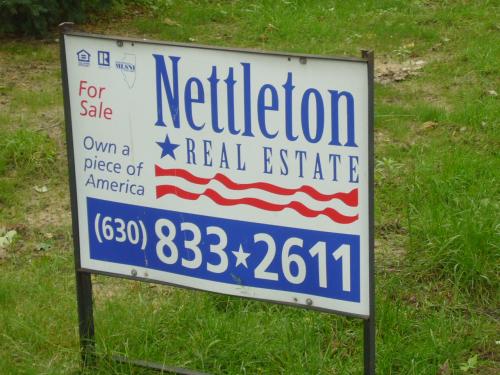Bob Jene hypothesizes that food comes from farms. information.
This session focuses on parts 3 and 4.
Government being simply an agent employed in common by a number of individuals to secure to them certain advantages, the very nature of the connection implies that it is for each to say whether he will employ such an agent or not. If any one of them determines to ignore this mutual-safety confederation, nothing can be said except that he loses all claim to its good offices, and exposes himself to the danger of maltreatment—a thing he is quite at liberty to do if he likes. He cannot be coerced into political combination without a breach of the law of equal freedom; he can withdraw from it without committing any such breach; and he has therefore a right so to withdraw.”
From Chapter 19, “The Right to Ignore the State”
Political Economy Book Club discussions are free and open to the public, but it is preferable that you RSVP to Bob Matter.
Meets 6 pm Fridays thru March 28.
Film followed by discussion, with refreshments. More information.
Originating as a field trip for “Progress & Poverty” students, our Invisible Robbery Tour is now open to all.
- See how the community and its infrastructure produce value.
- See who collects this value, and how it affects us all.
We’ll stroll about two kilometers, in about an hour and a half. You’ll get detailed, sourced, hardcopy notes, and answers to your questions about how downtown development really works.
The tour is free for HGS graduates and anyone who has paid an HGS registration fee within the past two years, as well as for current donors at the member level. Others are requested to donate $10, which may be done by cash, check or credit card (whoops! not right now, as we are having PayPal difficulties.) (Of course you can always donate to the Henry George School; donations of any amount can be done here.) Everyone on the tour will received sourced hardcopy notes, and nobody will be turned away due to inability to pay.
We’ll leave from the Henry George School location, 30 East Adams #1207. Call 312/450-2906 or email if you want any more information.
This presentation looks at the cost of collecting the income tax. The IRS overhead itself represents the direct cost to the government in generating this revenue. Beside that there is the burden put on the tax payer in preparing his return, in the case of an audit there may be the cost of representation before a tax court. You also become aware of the vast amount of human resources wasted on this activity for the revenue generated.

Successful land speculation (also known as “real estate investment”) is really a matter of taking for yourself the gains that belong to the community. George Menninger is one of the many who have done it, but he’s exceptional in his understanding of what he did, as well as his sympathy for his victims. He’ll explain how the bad public policy he exploited not only made him rich, but led to continued poverty, unemployment, and even the recent economic meltdown.
Menninger is a Henry George School volunteer instructor, and this stand-alone session also serves as the introduction to his modern version of Progress & Poverty. After his talk, you may, if you wish, sign up for the five-session course.
…who makes it valuable, and how they should share it with the rest of us.
Attempts to “tax the rich” have led us to contrive all kinds of methods to impose costs on working people. But if we look at who “the rich” really are, rather than focusing on the amount of a person’s income, we could instead look at the source. In addition to simpligying the tax system, this approach could increase opportunity and restore the nation’s economic health
Come for an evening with Bob Jene to compare the Georgist fiscal reform to the TARP bailout, the Fair Tax, the Flat Tax, the Bush tax cuts and government money creation. A gist of each proposed or attempted solution to the great recession will be given including QE I, QE II, and QE III. Attendees will rank the proposed measures to get out of the recession on a scale of 1 to 10 based on eight criteria.
We will be discussing Books III (The Progress of Opulence) and IV(Systems of Political Economy) of Adam Smith’s Wealth of Nations. First published in 1776, the book offers one of the world’s first collected descriptions of what builds nations’ wealth and is today a fundamental work in classical economics. Through reflection over the economics at the beginning of the Industrial Revolution, the book touches upon such broad topics as the division of labor, productivity, and free markets. [from Wikipedia, where additional description is available.]
The full text of Wealth of Nations is available free from here, from many public libraries, and inexpensively for purchase. A free audiobook is also available.
RSVP requested.
